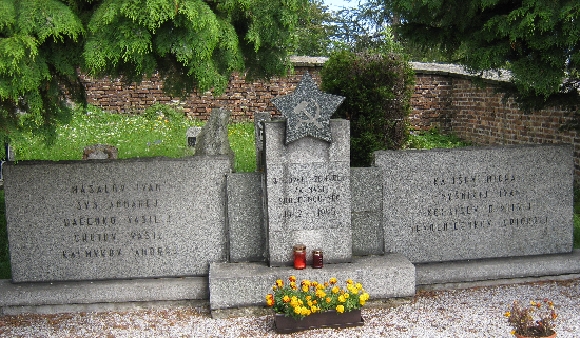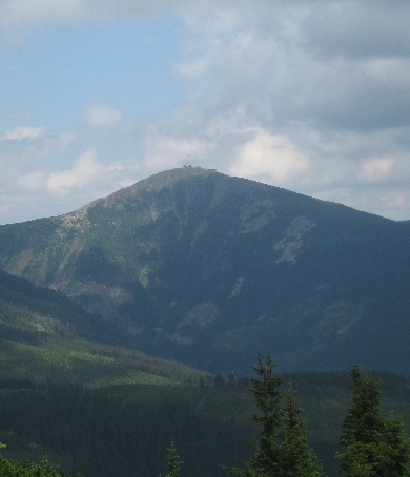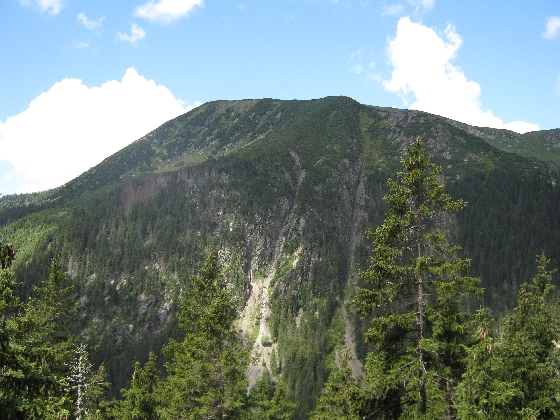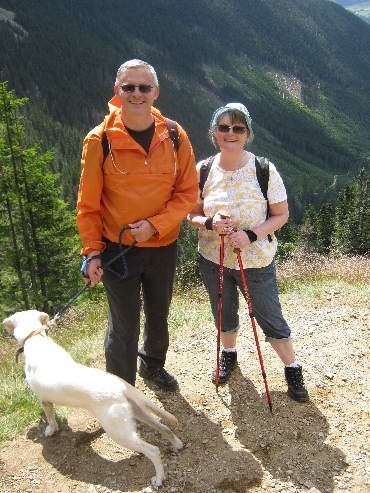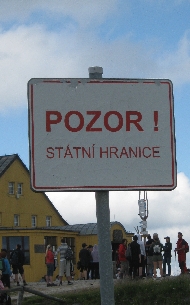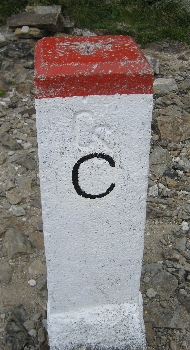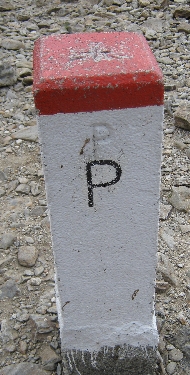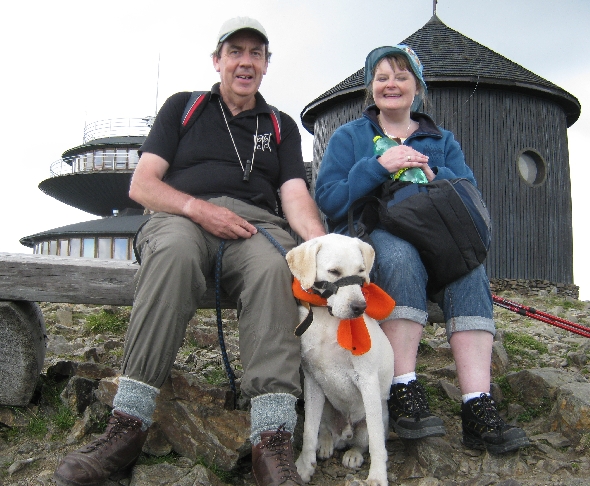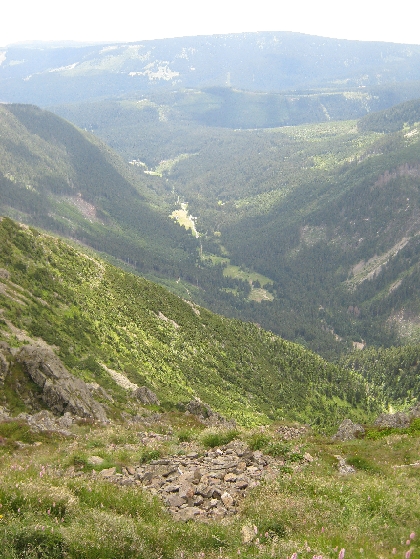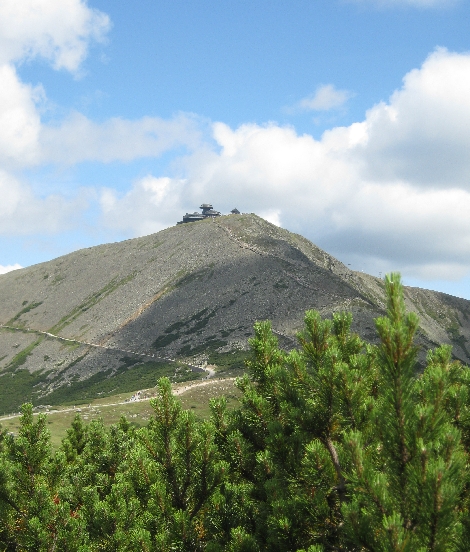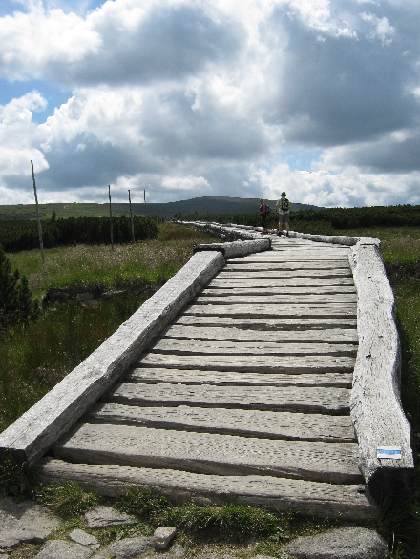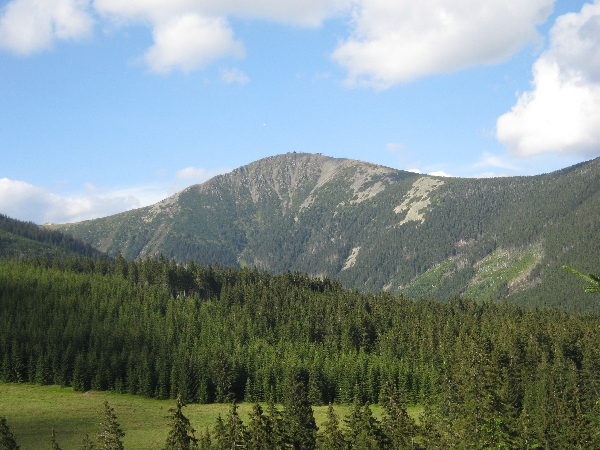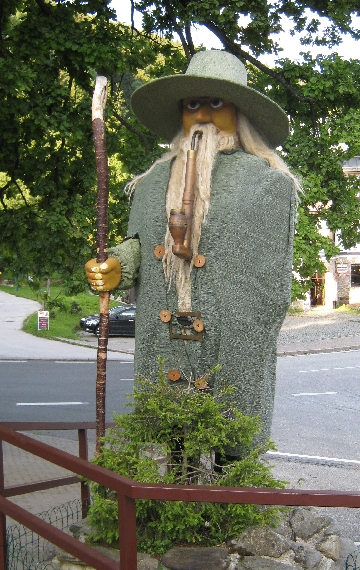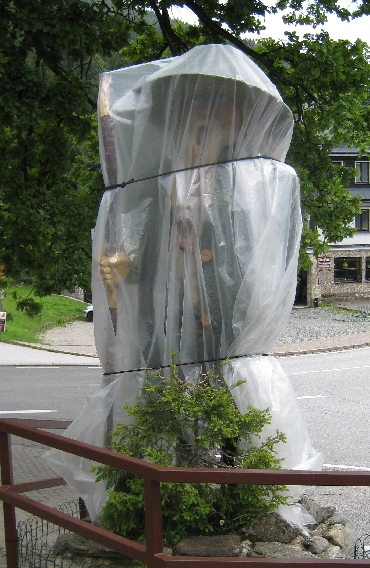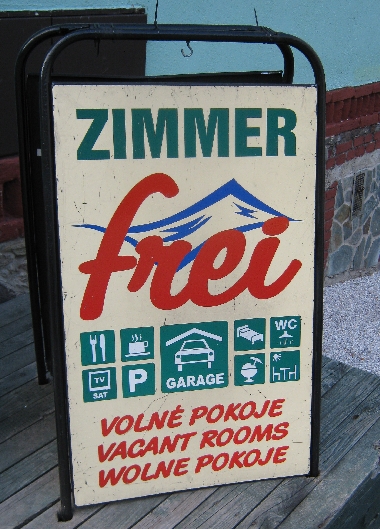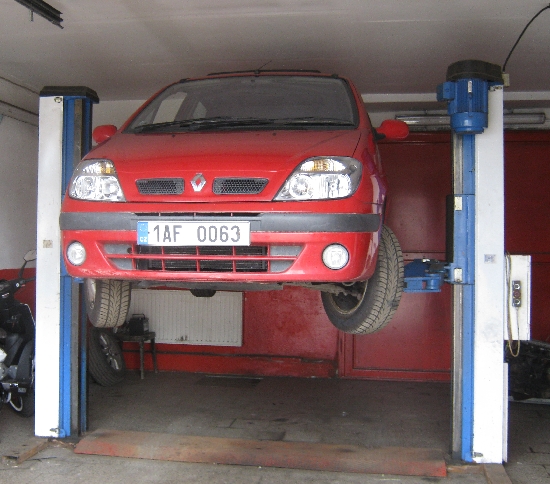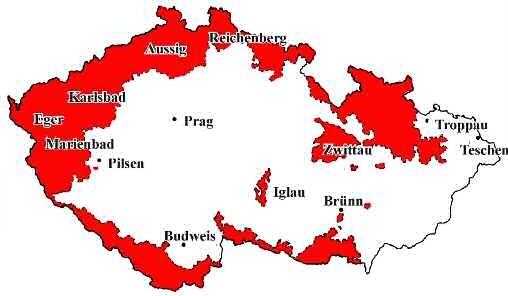
Czechoslovakia was formed in 1918, as part of the break-up of the Austro-Hungarian Empire following the end of the First World War. The country’s first President, Tomáš Garrigue Masaryk, was very keen that the western boundaries of this new nation should be the historic ones of Bohemia and Moravia which predominantly follow the ridges of the surrounding hills and mountains. This was to ensure that the new nation had defendable borders and that also nearly all Czech speakers would be living within those borders.
However, one important consequence of the adoption of these borders was that many people of German ethnic origin were also incorporated into Czechoslovakia. According to a census taken in 1921, just over three million Germans lived in Czechoslovakia accounting for around 23% of the country’s total population. The areas where Germans formed a majority were known as Sudetenland and the people themselves as the Sudetendeutsche.
Throughout the 1920s, there were controversies and tensions between the Czech authorities and the Sudetendeutsche. These became more intensive in the 1930s, partly because of the economic depression which particularly impacted on the Sudetenland as it was home to much of the country’s heavy industries such as glass making, paper production and textiles. These industries suffered because of a large drop in demand and from protective measures taken by other countries.
Following the Anschluss, the annexation of Austria by the Third Reich in March 1938, Hitler turned his attention to the Sudetendeutsche living in Czechoslovakia. Aided by Konrad Henlein, the leader of the Sudeten German Party, troubles and disputes were actively encouraged to create a sense of crisis within the Sudetenland, which Hitler then used to press his claim to incorporate the area and people into a greater Germany.
The whole issue came to a head at the Munich Conference held at the end of September 1938. At this conference, the leaders of the United Kingdom, France and Italy adopted a policy of appeasement towards Hitler and signed an agreement with Nazi Germany, allowing it to take control of the Sudetenland in return for a promise that this would be the end of German expansion. The government of Czechoslovakia was not represented at the conference nor a party to the consequent agreement.
As a result, Czechoslovakia lost about one third of its territory including much of its heavy industry. It also lost all of its frontier fortifications with Germany. Thus six months later in March 1939 and despite promises to the contrary, Hitler was freely able to march in and take over the rest of Czechoslovakia without hardly a shot being fired. As I explained in an earlier post entitled ‘Correcting History’, Czechoslovakia has the distinction of being the country which suffered the longest period of Nazi occupation as it was not fully liberated again until the early days of May 1945.
The Czechoslovakian government-in-exile, which was based in London for the duration of the Second World War, made two demands that it wanted to see implemented once Hitler and his Nazi forces were defeated. The first was the restoration of Czechoslovakia to its pre September 1938 borders. This was achieved with the exception of some territory in the far east of the country which was ceded to the Soviet Union and is now part of Ukraine.
The second demand was for the expulsion of the Sudetendeutsche population from Czechoslovakia. This was both to punish them for their support and cooperation with the Nazi invasion and occupation as well as being seen as a way to avoid any repartition of German nationalism within Czechoslovakia in the future. This policy was formerly agreed at the Potsdam Conference in August 1945 but had already begun to be implemented in a sporadic and on occasions, violent manner, almost as soon as Czech control over the Sudetenland had been re-established.
The Krkonoše Mountains or das Riesengebirge, where we spent the first week of our recent holiday, was part of the Sudetenland. It is the area immediately below the name Reichenberg (Liberec in Czech) on the map above. Being there and exploring the history and culture of the area, is what has prompted the writing of this blog post. On the walls of Penzion Nikola where we stayed, there were old black and white photographs of Pec pod Snežkou or Petzer as it was known in German. They show buildings with German names and German signs. There is every possibility that these photographs were left behind by the former Sudetendeutsche owners of the building as those expelled usually could take very little of their possessions with them, only what they could carry by hand.
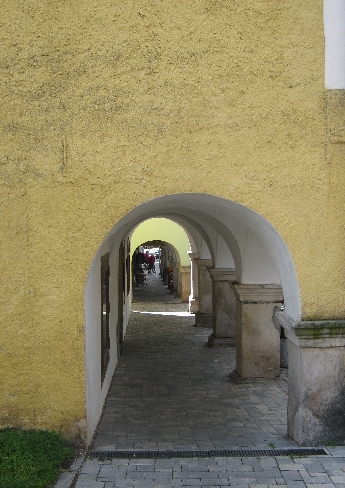
Deciding who would be expelled and who would not, varied from place to place. Because of inter marriage between Germans and Czechs, defining who was German wasn’t always clear. Today there are many Czech people who have very Germanic surnames. The current Czech Foreign Minister is Karel Schwarzenberg – a young Czech organist, who sometimes plays for us at St. Clement’s, has the surname Axmann. As we have discovered in our time here, many older well-educated Czechs are able to speak fluent German.
Germans who held crucial positions in major industrial plants were exempt from expulsion as were those who were deemed to have been anti-fascist. The final decision was usually left to the different local authorities.
On Monday 18th July, we made a slight detour to our journey from Pec pod Snežkou back to Prague, in order to visit the little town of Žaclér (German name; Schatzlar) which lies on the eastern extremity of the Krkonoše Mountains National Park. From my map it looked like an interesting place but I could find no reference to it in any guidebook.
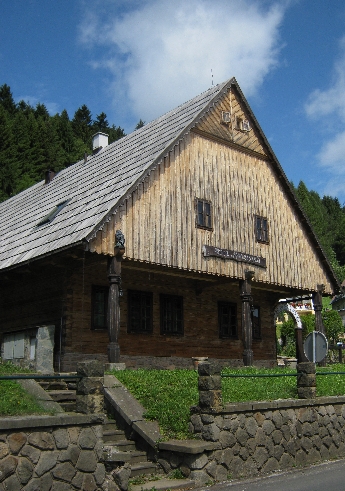
In the historic centre of the town was this attractive arcade and nearby were two fascinating ancient wooden houses. And just off the main square was the Church which sadly, like most Czech Churches, is kept locked except when services are taking place. However, what intrigued both Sybille and I was a notice on the Church door giving details of the funeral arrangements for a man with a Germanic surname and with the text of the notice being in both Czech and German.
Even more revealing was a large walled burial ground immediately behind the Church. Outside the main gates was an explanatory notice in four languages, (Czech, German, English and Polish), giving a little bit of town history together with information about the graves of certain notable local people buried there. But as we walked down the central path through the burial ground, we noticed a large number of graves of people who had died after 1945 but who had Germanic surnames and with inscriptions in German rather than in Czech. Clearly, for whatever reason, Žaclér was a town from which many Sudetendeutsche were not expelled in 1945/6 and where they and their descendants, continue to live.
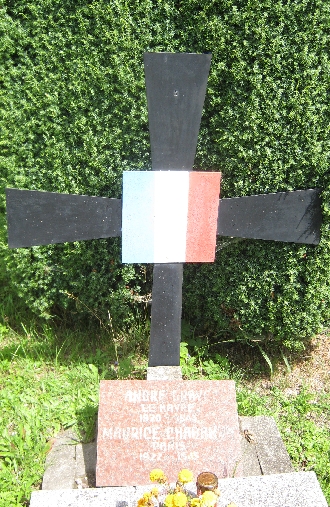
One other feature of the burial ground is the presence of two memorials to prisoners of war who are buried there. One commemorates two Frenchmen – one from Le Havre and the other from Paris. The other commemorates several citizens of the former Soviet Union and is an extremely rare example of a memorial in the post-communist Czech Republic that still bears the hammer and sickle emblem.
Over sixty-five years after the expulsion of the Sudetendeutsche from Czechoslovakia, there remains a legacy of what happened. Despite the movement of Czech people into the former Sudetenland, these areas still are remarkably under populated. One article I read claimed that the current population of Pec pod Snežkou, is only one third of what it was before 1939. Many buildings which once housed the permanent local German-speaking population, are now used to house visiting tourists, especially those who come to ski in winter.
However, there doesn’t seem to be any latent anti-German sentiment amongst Czech people today, despite past history – certainly none that we have experienced as an Anglo-German couple resident here. German tourists now visit in large numbers and Germany has become the Czech Republic’s foremost trading partner. And whilst there are organisations within Germany, who continue to argue for either the restitution of confiscated Sudetendeutsche property or for the payment of compensation by the current government of the Czech Republic, there political clout and influence is small.
